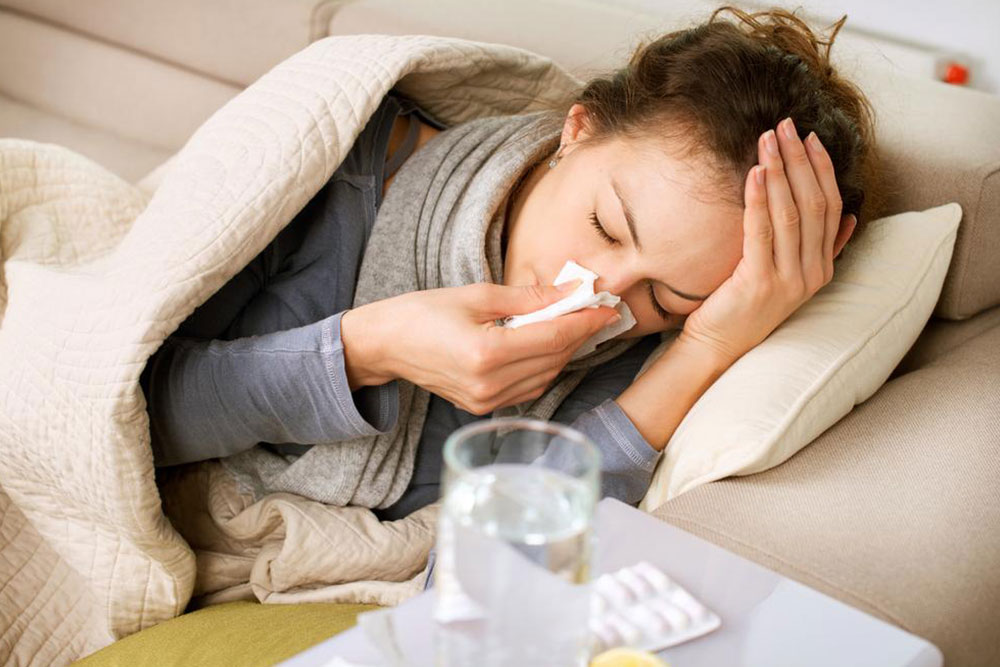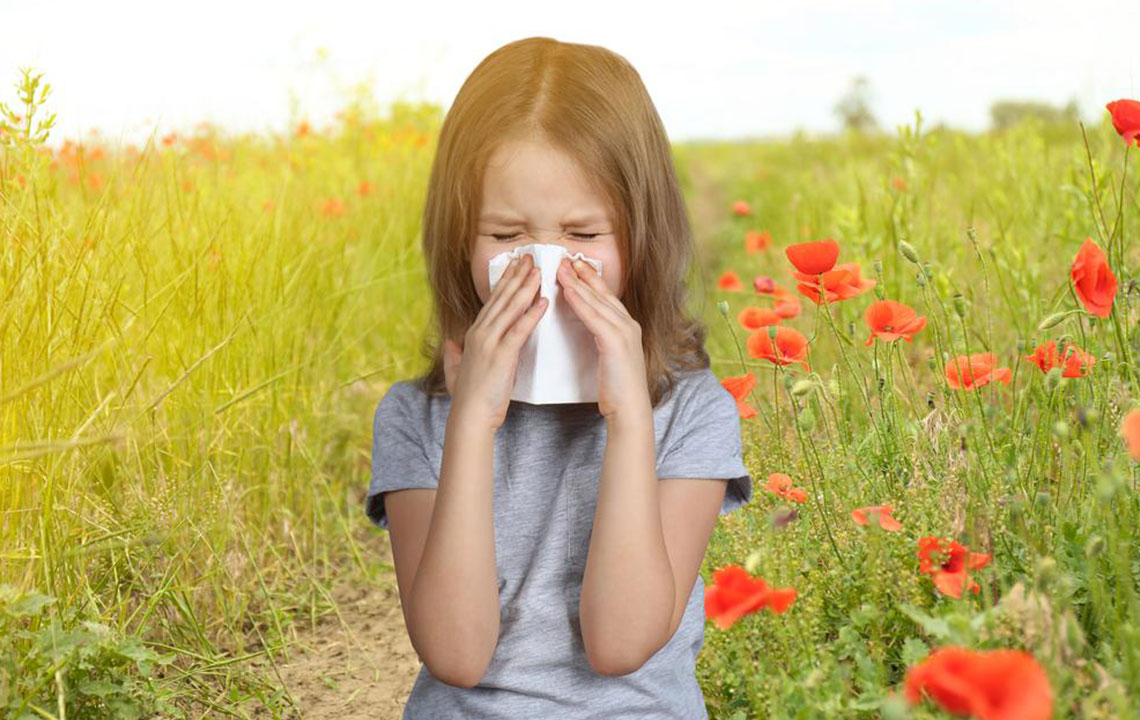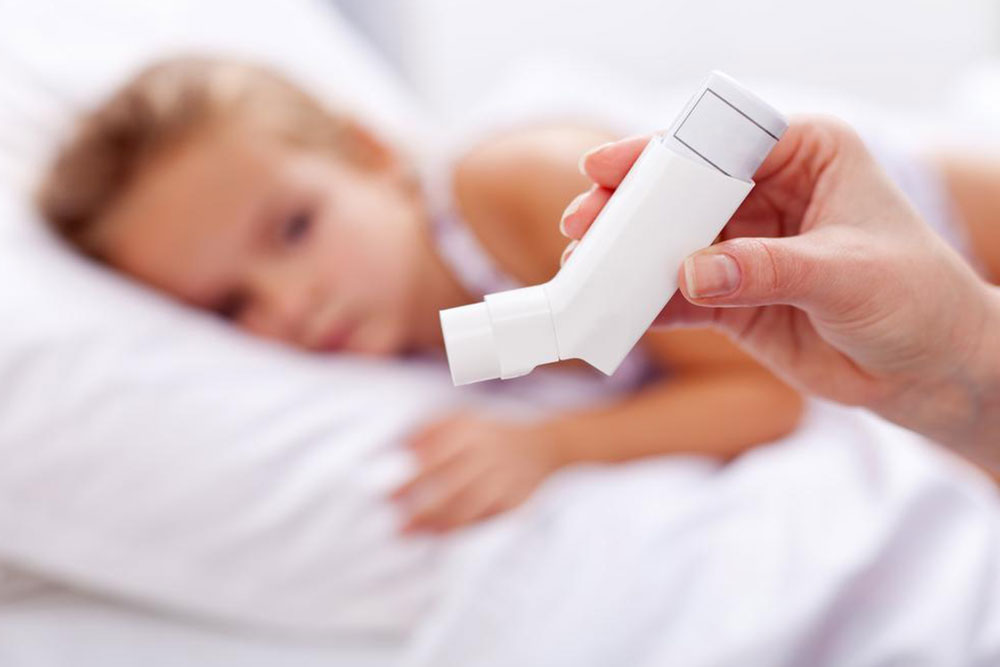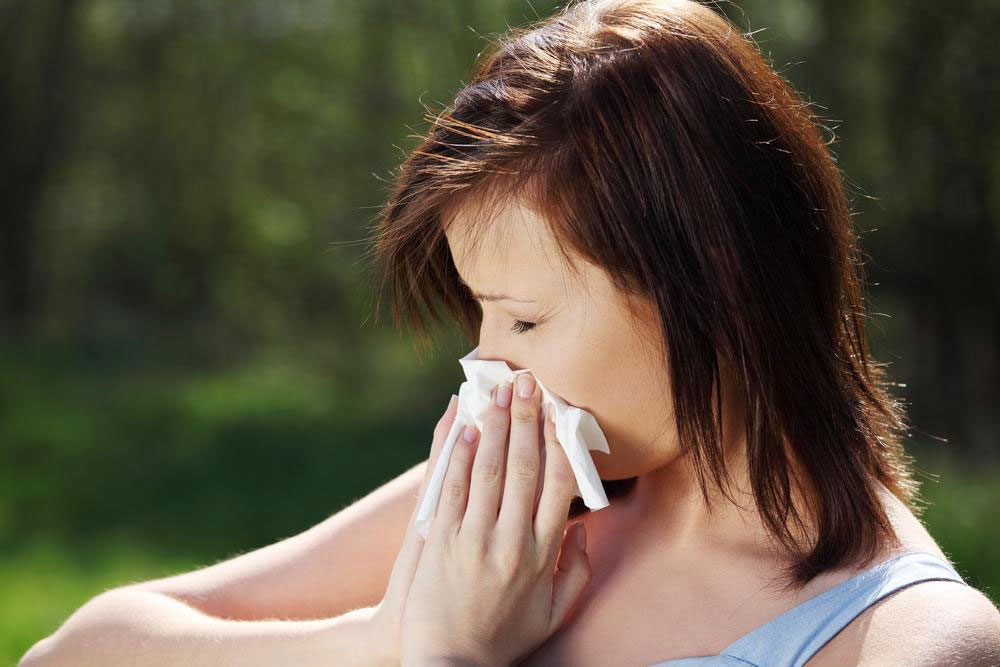Effective Strategies to Manage Seasonal Allergy Symptoms
Discover effective strategies to manage and reduce seasonal allergy symptoms. Learn how identifying triggers, using air purifiers, and practicing simple precautions can improve your quality of life during allergy seasons. Tips include wearing masks, checking pollen forecasts, and maintaining indoor air quality. Protect your eyes, exercise wisely, and keep your pets clean to minimize allergen exposure. These practical tips help control symptoms and make allergy seasons more manageable for millions of sufferers.

Effective Strategies to Manage Seasonal Allergy Symptoms
Millions of Americans experience seasonal allergy symptoms such as sneezing, itchy eyes, and nasal congestion, especially during fall. These issues can disrupt daily life and reduce productivity. While there is no cure for allergies, certain preventive measures can significantly reduce their impact. Understanding and identifying allergy triggers is crucial, with ragweed and molds being common culprits. Ragweed releases vast amounts of pollen, traveling hundreds of miles, while molds flourish after rainy periods, especially in humid environments. Taking simple steps can help control symptoms effectively.
To minimize exposure, wear masks during outdoor activities like gardening. Investing in HEPA filters and dehumidifiers helps maintain air quality indoors by removing pollen, mold spores, and excess moisture. Regularly cleaning air conditioning filters is also recommended. Before traveling, check local pollen forecasts to plan outdoor activities accordingly. Wearing protective eyewear can prevent pollen contact with your eyes. After returning home, take a shower to wash pollen from your skin and hair. Exercise early in the morning when pollen counts are lower. Additionally, wash pets regularly, as they can carry pollen indoors. Consulting an allergist for personalized advice can also be beneficial.
Note: This article offers general tips and should not replace professional medical advice. For persistent allergy symptoms, consult a healthcare provider for proper diagnosis and treatment options.










